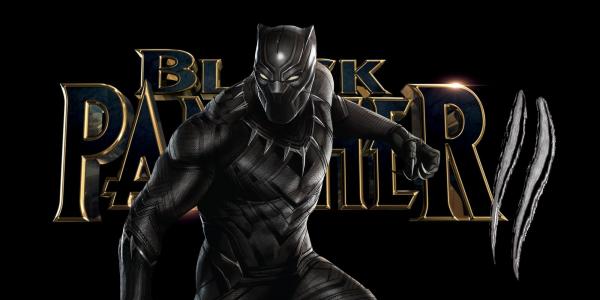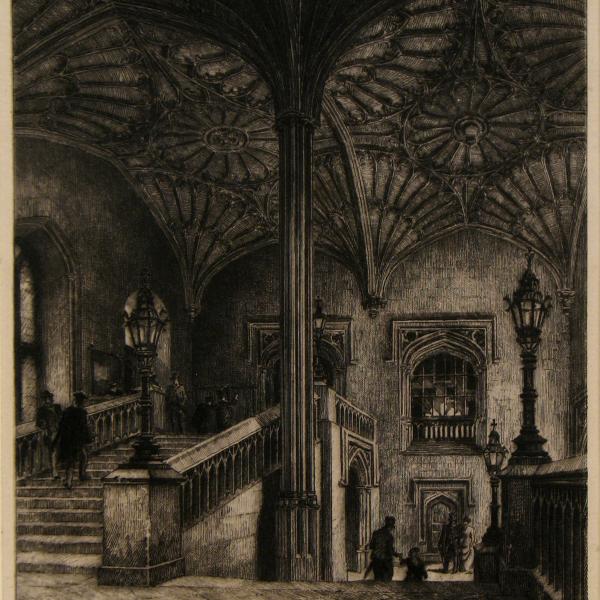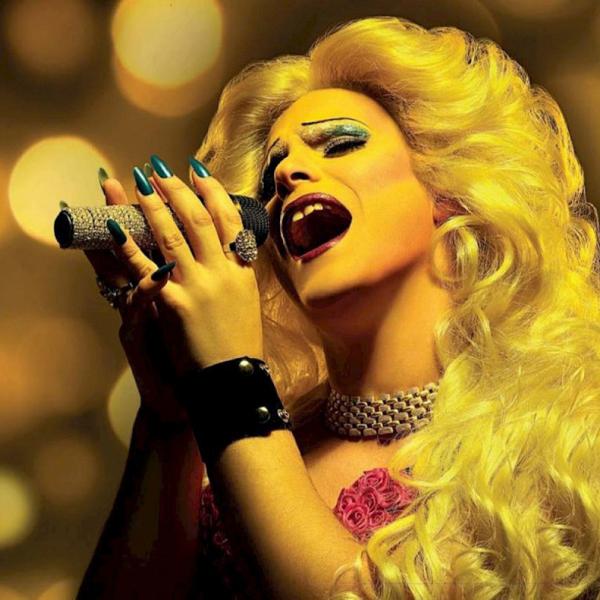After its creation 50 years ago at the hands of white writers and artists, the Black Panther has been guided by a short list of influential figures, most recently writer Ta-Nehisi Coates and film director Ryan Coogler. Comics scholar Rebecca Wanzo scrutinizes the intervening years and finds an evolution in the character’s representation of blackness.
One of the greatest pleasures—and sources of conflict—around the Black Panther film adaptation is how very, very happy it has made countless Black people. Dancing with joy happy. But is it really a “game changer”? At a minimum, the record-setting box office suggests that it might force a recalibration of the profitability of Black people in front of and behind the camera. Naysayers will point to Hollywood’s short attention span and the specificity of the Marvel Cinematic Universe as a property that holds little potential for providing more opportunities for Black films outside of this franchise. “Game-changing” also refers to the alleged psychological importance of Black people—and particularly Black children—seeing an African (more on that later) superhero and his genius sister in such a high-profile film. Some references to it being a “game changer” are about the film’s politics.
The first two claims may be addressed with empirical data and research over time. The last assertion is about the always-thorny question of the relationship between representation and politics. Outside of some hyperbolic tweets, no one will suggest that Black Panther will liberate Black people. Some people, such as philosopher Christopher Lebron, have suggested that the film is simply a racist narrative preserving the status quo. Whether or not one agrees with Lebron that it is one example of many popular representations produced by Black people that are ultimately politically conservative, it is impossible to know anything about the history of Black Panther comics and not see the film’s effort to redress a long history of troubled representations of blackness and struggles over who best models Black liberation.
In this golden age (or, depending on your perspective, punishing eternity) of comic book adaptations, filmmakers have an endless supply of stories to choose from. Writers Ryan Coogler and John Robert Cole drew from many different versions of Black Panther and their script contains the traces of this struggle. This slow decolonization of the Black Panther is the effort to decenter the white perspective from the construction of the character. If we recognize that representation matters, and that Black representation has been a tool in white supremacy, tracing the character over decades illustrates an epic struggle to make a “real” Black character out of something that was a white fantasy of blackness.





